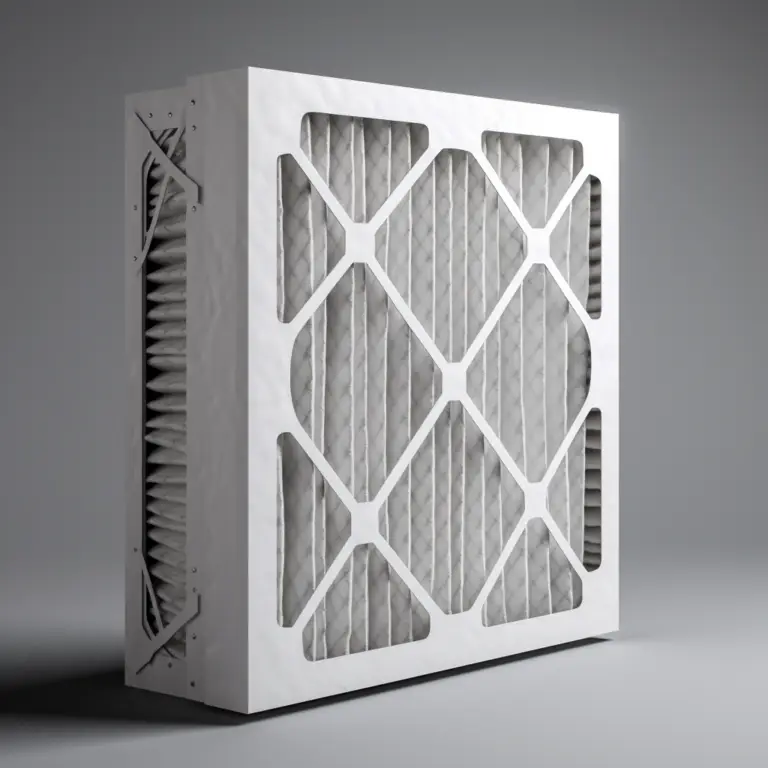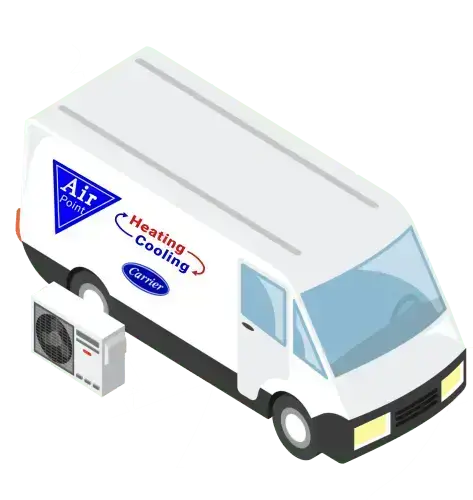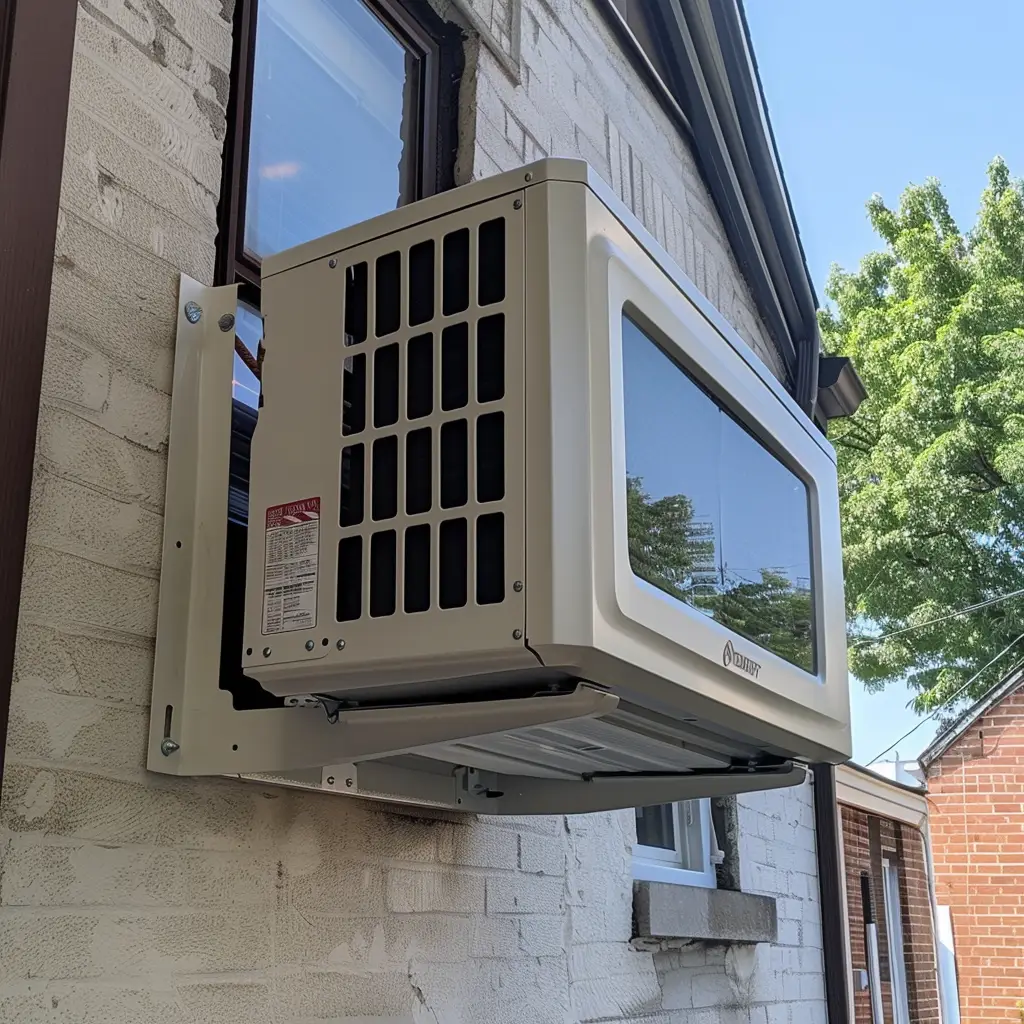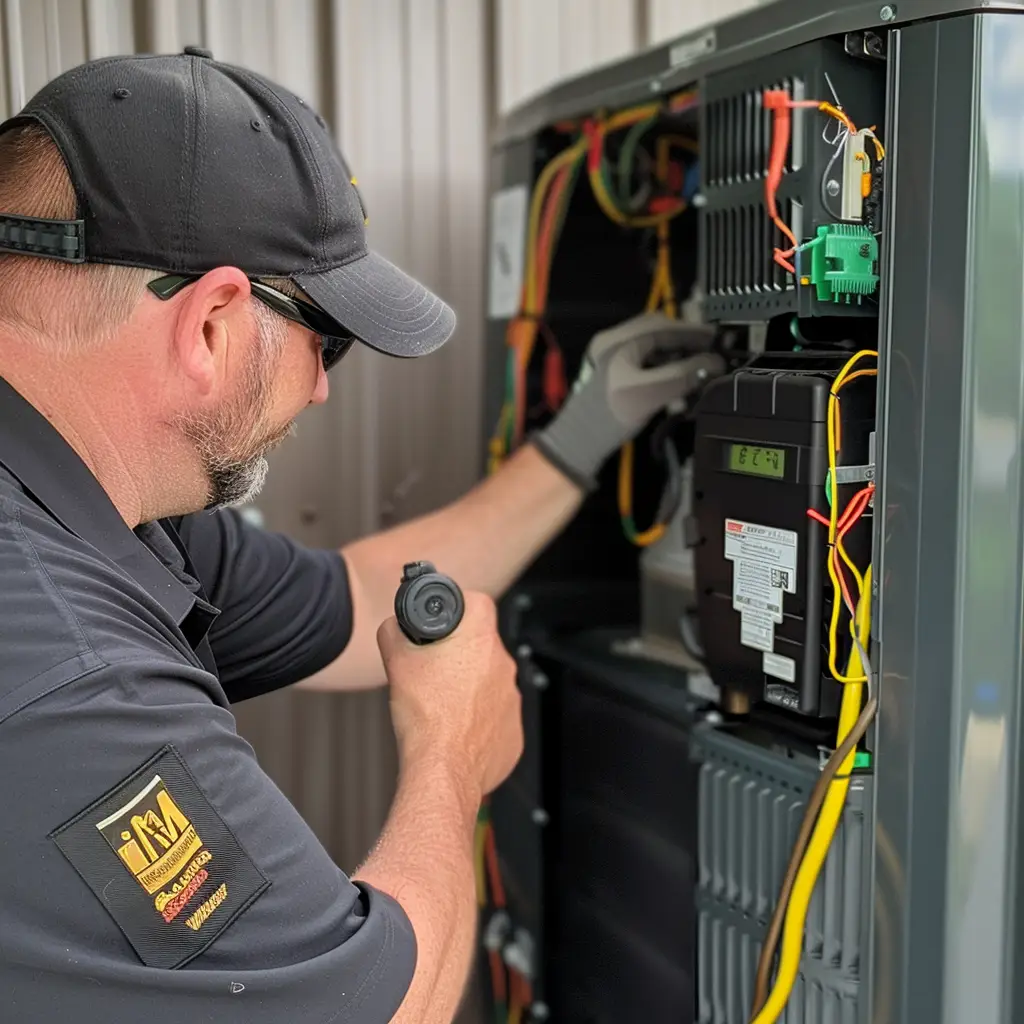Understanding the Importance of HVAC Air Filters
The Role of HVAC Air Filters
Air filters, the silent guardians of your HVAC system, work relentlessly to cleanse circulating air by catching particulates like dust, pollen, and bacteria.
The Influence on Indoor Air Quality
Without an effective air filter, these pollutants would freely move around your house, potentially causing allergies and respiratory issues. Ever given a thought to the air you breathe inside your house? It’s your HVAC filter that plays a significant role in keeping it clean and safe.
Implications on HVAC System Performance
Air filters also ensure the efficient operation of your HVAC system. A clogged filter can hinder airflow, compelling the system to work harder. This can result in inflated energy bills and potential system breakdowns. As a general rule, it’s a good idea to change the air filter every month or two.
Different Types of HVAC Air Filters
Fiberglass Filters
Fiberglass filters are budget-friendly filters are designed more to safeguard your HVAC system than to enhance air quality. Frequent replacements are required.
Pleated Filters
Pleated filters provide better filtration due to their greater surface area. Imagine having multiple goalkeepers in a soccer match – the chances of catching those airborne particles increase!
HEPA Filters
HEPA filters, the gold standard in air filters, trap up to 99.97% of airborne particulates. They’re a fantastic choice if your household includes individuals with allergies. However, their thickness and density demand a compatible HVAC system.
Washable Filters
True to their name, washable filters can be cleaned and reused. While they’re environmentally friendly, improper drying can turn them into bacteria breeding grounds.
Decoding MERV Ratings
What is MERV?
While browsing for filters, you might have come across MERV ratings. MERV, standing for Minimum Efficiency Reporting Value, is essentially the GPA for air filters – the higher, the better!
Understanding MERV Ratings
MERV ratings span from 1 to 20. MERV Filters with a lower MERV rating are less efficient but allow better airflow. In contrast, those with higher ratings offer superior efficiency but may strain your HVAC system.
Factors to Consider When Choosing an HVAC Air Filter
Size and Fit
In the realm of HVAC filters, size indeed matters. An incorrectly sized filter can allow unfiltered air to bypass the filter, effectively negating its purpose.
Efficiency and MERV Rating
The efficiency of a filter is directly tied to its MERV rating. Higher-rated filters offer better air quality but might strain your HVAC system. Consider your specific needs and the capability of your system when choosing.
Cost and Maintenance
While higher-rated filters might seem appealing, they also come with increased costs and maintenance needs. Weigh the benefits against the costs to make an informed decision.
Changing and Maintaining Your HVAC Air Filter
Regularly inspecting and replacing your HVAC filter is crucial for both your indoor air quality and the health of your HVAC system. Generally, a monthly check is recommended, but this can vary based on the type of filter and the conditions of your home.
For more guidance on which air filter is best suited for your HVAC system, watch this video by Flannel Guy DIY
Trust AirPoint for Your HVAC Air Filter Needs
Choosing the right HVAC filter is a crucial decision that can significantly impact your home’s air quality and the efficiency of your HVAC system. It’s not just about opting for the most expensive filter; it’s about understanding your specific needs and making an informed choice.
As a Carrier factory authorized dealer and NATE certified company, AirPoint can help guide you through this process. We’re proud to be recognized as HomeStars Best of the Best 2023, and our 5-star ratings on Google and HomeStars reflect our commitment to customer satisfaction. Our technicians are fully certified by TSSA, HRAI, and CSA, ensuring you receive the highest quality service.
Frequently Asked Questions About HVAC Air Filters
How often should I replace my HVAC air filter?
The replacement frequency varies based on the type of filter and the conditions of your home. However, a general rule of thumb is to inspect your filter monthly.
Is a higher MERV rating always better?
Not necessarily. While a higher MERV rating means better filtration, it might also restrict airflow, causing your HVAC system to work harder. This could lead to higher energy consumption and potential system damage.
What type of HVAC filter is best for allergies?
HEPA filters are considered best for allergies as they can capture up to 99.97% of airborne particles, including allergens like pollen and dust mites.
Can I use a washable filter for my HVAC system?
Yes, but you need to ensure it's dried properly after washing to prevent bacterial growth. Also, while eco-friendly, washable filters may not offer the same level of filtration as disposable ones.
Do HVAC filters protect against viruses?
Filters with higher MERV ratings (13 and above) can potentially capture virus-sized particles. However, no filter can guarantee 100% protection against viruses.





